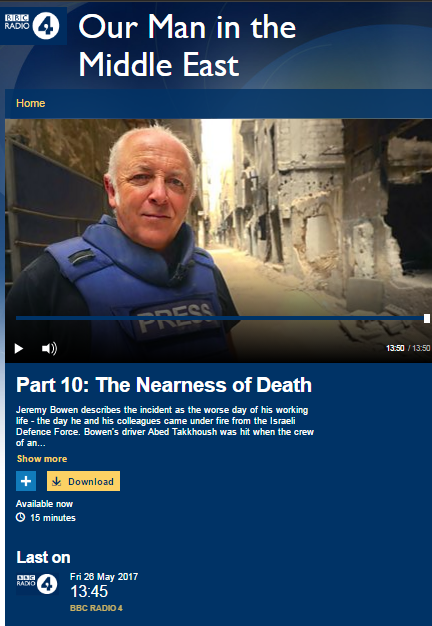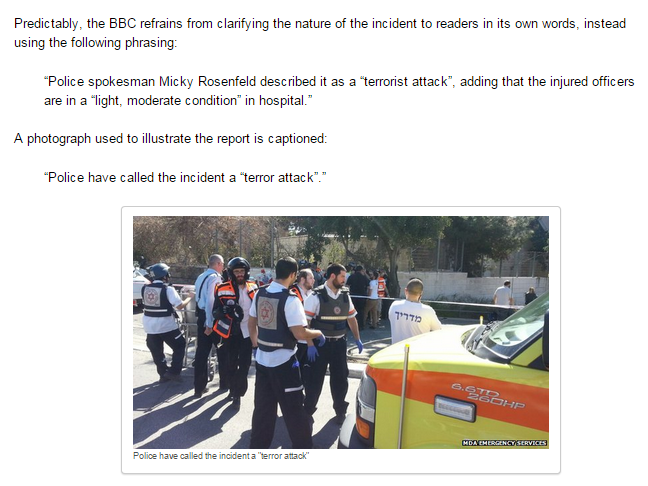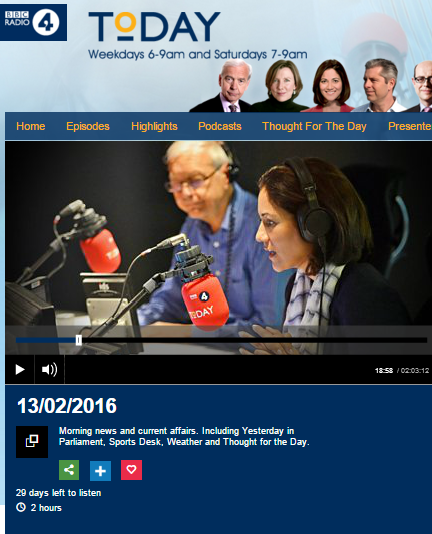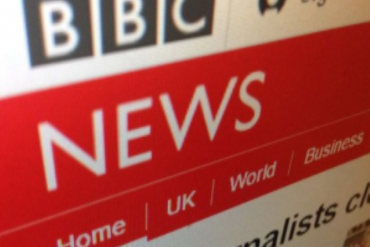The BBC’s editorial guidelines on impartiality state: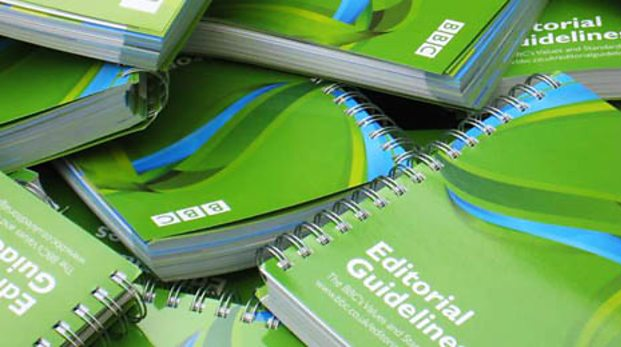
“Due impartiality usually involves more than a simple matter of ‘balance’ between opposing viewpoints. We must be inclusive, considering the broad perspective and ensuring that the existence of a range of views is appropriately reflected.”
And:
“When dealing with ‘controversial subjects’, we must ensure a wide range of significant views and perspectives are given due weight and prominence, particularly when the controversy is active.”
The BBC’s public purposes commit the corporation to providing:
“…duly accurate and impartial news, current affairs and factual programming to build people’s understanding of all parts of the United Kingdom and of the wider world.”
And:
“…a range and depth of analysis and content not widely available from other United Kingdom news providers”
The corporation’s coverage of the recently released US ‘Peace to Prosperity’ plan provides an opportunity to look more closely at the issue of impartiality in BBC coverage – in this case on the BBC domestic radio station Radio 4 and on BBC World Service radio.
While the tables below are not exhaustive, they give an overview of how the BBC addressed its obligations to provide “a range and depth of analysis” and to reflect “a range of views”.
Programmes aired before the US plan was made public are marked with a pale gold background.
Commentators and BBC journalists who provided a neutral view of the US proposal are marked in blue, those promoting a positive view in green and those promoting a negative view are marked in red.
BBC World Service radio:

[1] https://www.bbc.co.uk/sounds/play/w172wq5575fk0q7 from 14:06 David Makovsky
[2] https://www.bbc.co.uk/sounds/play/w172wq5575fm2df from 30:05 discussed here, Husam Zomlot, Aaron David Miller
[3] https://www.bbc.co.uk/sounds/play/w172wq5575fmxmb from 00:11, 14:06, 45:07, Husam Zomlot, Logan Bayroff (J Street), discussed here and here
[4] https://www.bbc.co.uk/sounds/play/w172wq5575fpz9j from 30:06, Shlomo Ben Ami, Rashid Khalidi
[5] https://www.bbc.co.uk/sounds/play/w172wq5575ftqfj from 30:06 Mohammad Shtayyeh
[6] https://www.bbc.co.uk/sounds/play/w3csyv7l from 00:00
BBC Radio 4:

[1] https://www.bbc.co.uk/sounds/play/m000dr9s from 1:47:16 discussed here
[2] https://www.bbc.co.uk/sounds/play/m000dphy discussed here (including times of reports) Husam Zomlot
[3] https://www.bbc.co.uk/sounds/play/m000dpkh from 45:43, Jan Egeland, Karin von Hippel
[4] https://www.bbc.co.uk/sounds/play/m000dpkm from 08:22, Mustafa Barghouti
[5] https://www.bbc.co.uk/sounds/play/m000dpl0 from 01:32 and 07:51, Diana Buttu
[6] https://www.bbc.co.uk/sounds/play/m000dpl6 discussed here
[7] https://www.bbc.co.uk/sounds/play/m000dqf8 from 2:49:20
As we see, the BBC chose to provide airtime to Palestinian officials while no interviews with Israeli officials were included in any of the programmes and one interview with a former US official was heard on each of the two stations. Interviews were conducted with two Israeli representatives from think tanks (one neutral and one negative), three representatives from US or UK think tanks (one neutral, two negative), two US-Palestinian academics (both negative), one representative of a political NGO (negative) and one lobbying group representative (negative).
The majority of reports from the BBC’s own staff presented a negative view of the topic.
Both those BBC radio stations gave audiences were given an overwhelmingly one-sided view of the US peace initiative (in all twelve times more negative views than positive ones), starting even before it had been published. “Due weight” was not given to opinions dissenting from the BBC’s chosen framing of the topic and audiences did not hear a balanced “range of views”.
The purpose of the editorial guidelines is of course to enable the BBC to meet its public purpose obligations, including the provision of “duly accurate and impartial news, current affairs and factual programming to build people’s understanding of […] the wider world”. In this case it is once again abundantly obvious that BBC journalists were far more intent on establishing a specific narrative than they were committed to providing accurate and impartial news reports offering a “wide range of significant views”.
Related Articles:
BBC impartiality – a case study

